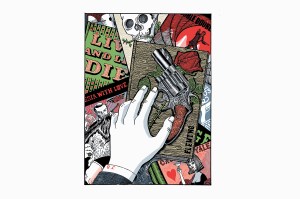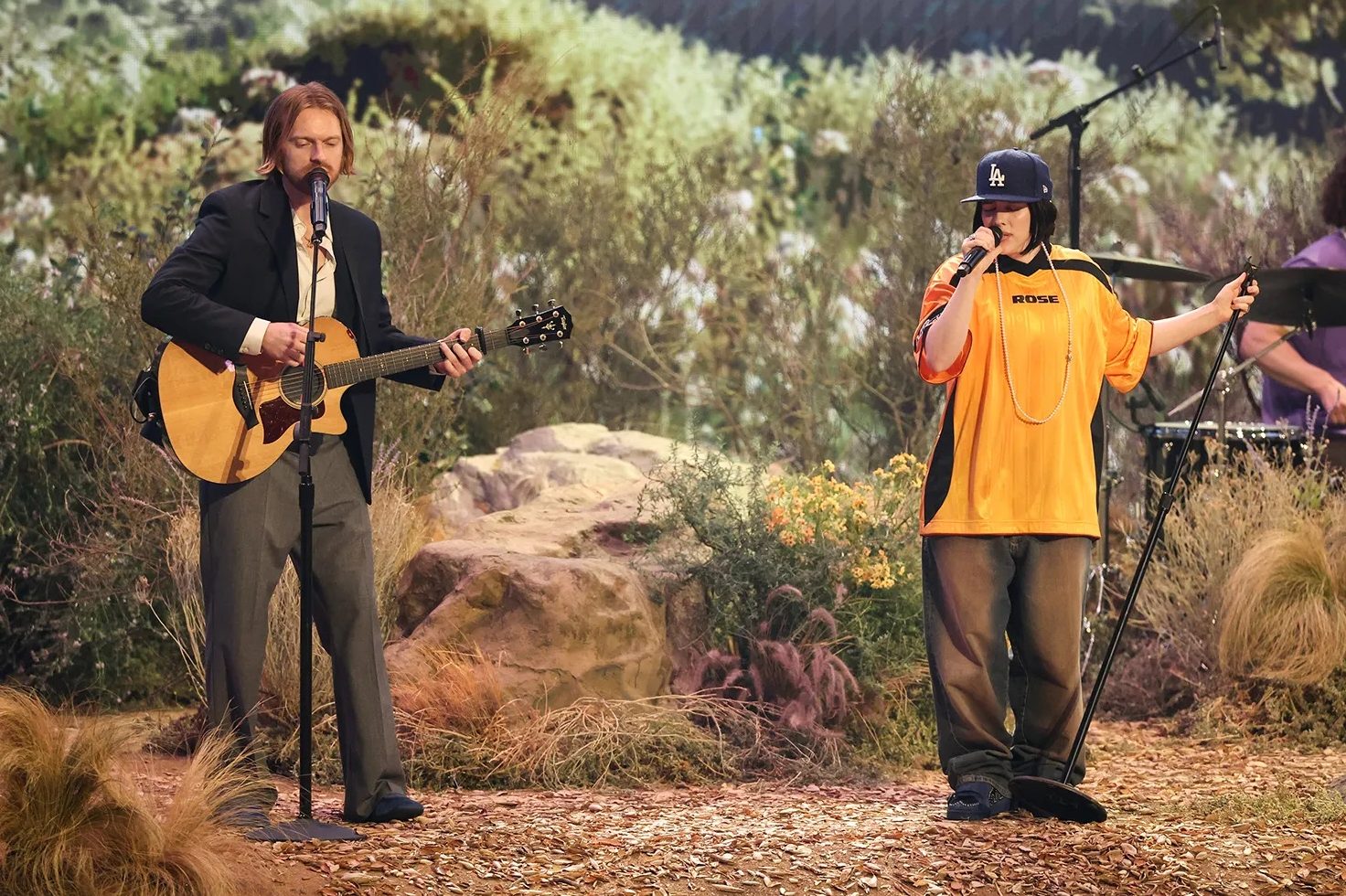Billie Eilish, who recently won five Grammys, is also singing the theme song for the new Bond film. ‘James Bond is the coolest film franchise ever to exist,’ she said. ‘I’m still in shock.’
My husband tells me that the symptoms of shock include pale, clammy skin and bluish fingernails. Since Miss Eilish’s fingernails were painted green at January’s Grammy ceremony, it was not easy to tell. But a life-threatening drop in blood pressure was clearly not present.
The phrase in shock is now used where we used to say shocked, or even overjoyed. Perhaps people have been watching too many medical dramas on Netflix.
Shock, from the French choque, began as the word for a collision of armies. Shakespeare was in the first generation to use it when he wrote in Richard III of a ‘doubtful shock of arms’. He soon had Hamlet speaking of ‘The heart-ache, and the thousand natural shocks/ That flesh is heir to’.
Shock lent itself to various shocking phenomena. In 1719, Defoe had Robinson Crusoe ‘terribly frighted with a most dreadful, surprising thing’, three shocks of an earthquake that almost buried him in his cave.
The 19th-century French phrase troupe de choc was taken up in English as shock troops, later used as the model for shock workers, translating the Soviet Russian word udarniki: those who voluntarily exceeded production quotas. This original sense was revived in 1996 by American strategists, who called the effect of sudden and overwhelming force shock and awe.
The shock of surgical operations was observed in the early 19th century. During World War One, some similarities to its effect promoted the notion of shell shock. Before the war was over, shell shock was being used as a trivial metaphor for a surprise.
Calling the state of shock being in shock seems to have caught on scientifically in the 1920s. To use it for an agreeable surprise should no more be encouraged than the erroneous use of schizophrenic for being in two minds.
This article was originally published in The Spectator’s November 2020 US edition.

























